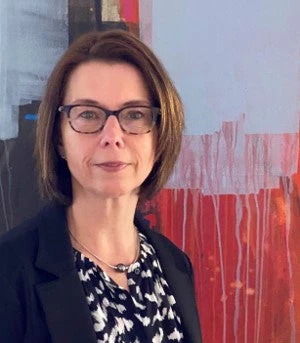This week at the World Bank Annual Meetings in Tokyo, many of us are talking about universal health coverage as a goal that most countries aspire to achieve. There is a growing recognition that reaching the Millennium Development Goals (MDGs) for health, as well as broader improvements in health status, will require expanding access to affordable, quality health services to all.
In its simplest formulation, universal health coverage is a system in which everyone in a society can get the health care services they need without experiencing financial hardship. The goal is to improve access and achieve equity in health care provision and health outcomes in a fiscally sustainable, inclusive manner. A key goal is financial protection for the poorest and vulnerable populations, to keep families from falling into poverty or worsening poverty due to illness.
Many governments have already achieved universal health coverage, and many others are working to achieve it. The World Bank and the Government of Japan are partnering to study country experiences as diverse as Japan and Thailand to Brazil and Turkey and beyond, to share lessons learned on opportunities and challenges, and help countries at all income levels to learn from one another. What is clear is that political commitment is essential, and there is no one-size-fits-all approach. Different countries will and should take different paths and timelines to achieve universal coverage.
The World Bank helps countries along their paths to strengthen their health systems, make informed choices and protect the poorest, for example through using results-based financing and sharing health equity data. Looking ahead, the World Bank will be working with the World Health Organization and other global health institutions on the universal health coverage agenda. And civil society groups have a key role to play -- in country health policy development, in expanding service provision to the hardest-to-reach communities, and in holding governments and their health partners accountable for results.
As a jumping off point for our discussions this week, the World Bank just released a new short video featuring Maya, a little girl in a low-income country, who recovers from an injury thanks to her country’s strong health system and commitment to universal coverage. We think Maya’s story is an effective way to present an often complicated issue – please watch and let us know what you think.


Join the Conversation